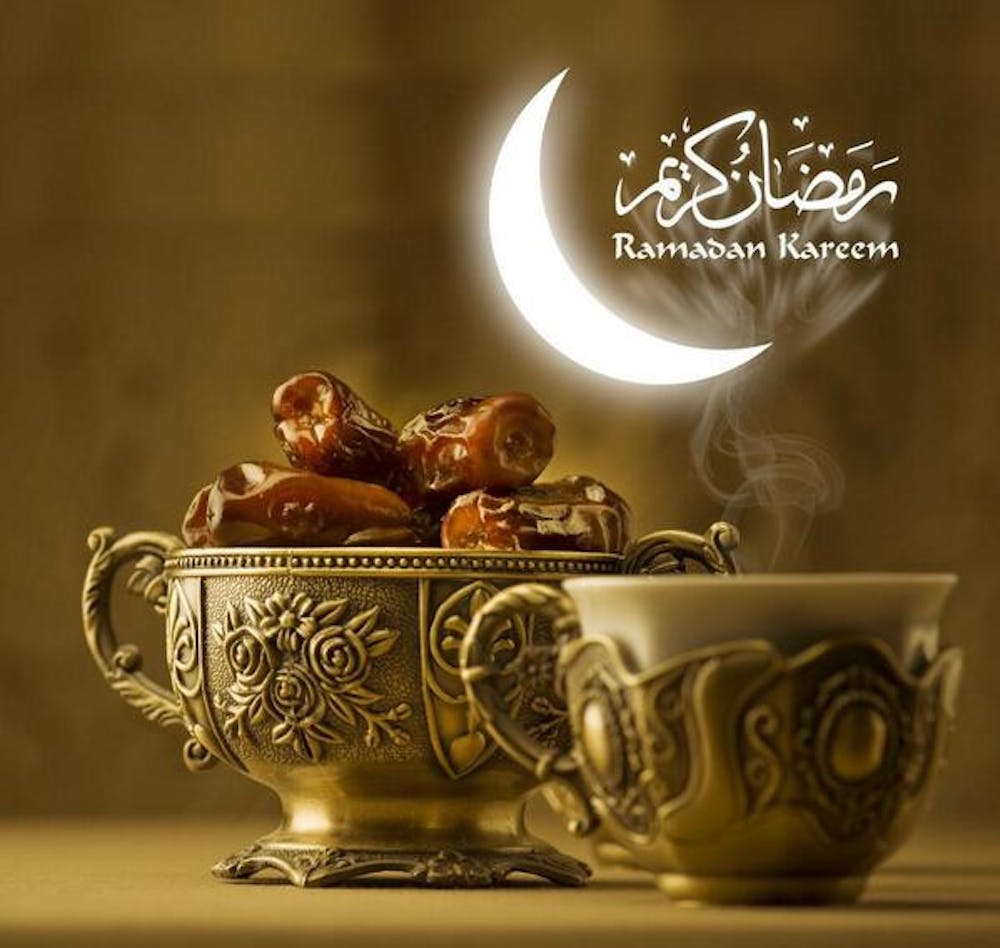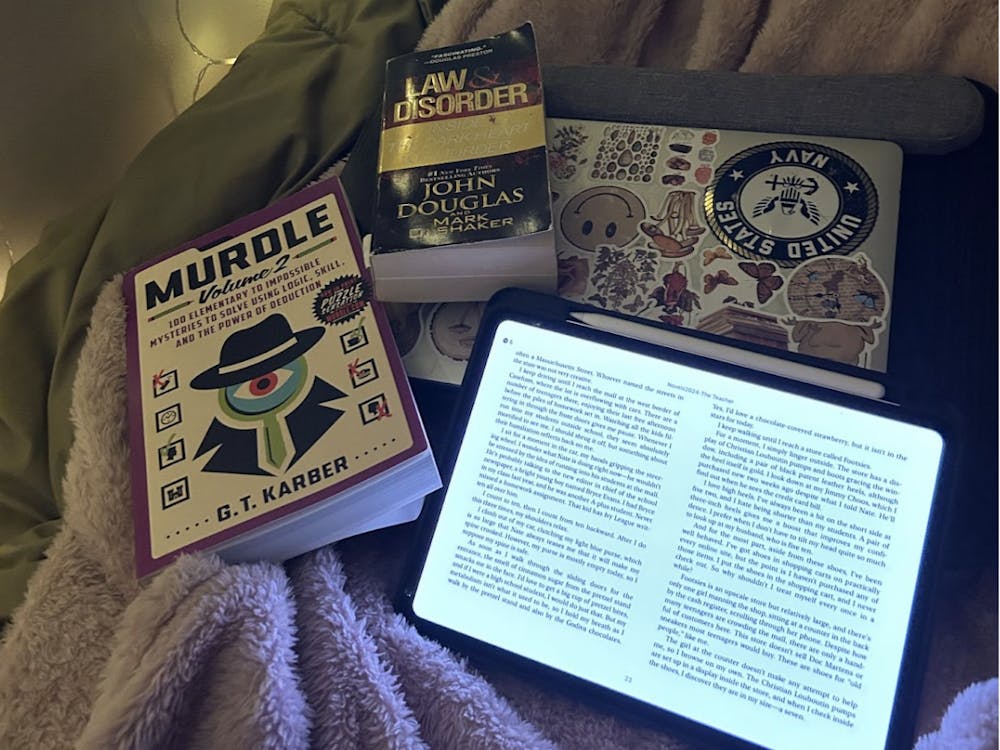
I looked at my phone and realized it was April 11, which meant it would soon be April 12. That meant the most important month of the year was just around the corner for me: Ramadan (or Ramzan, the debate is kind of annoying at this point), and I was not prepared. Once a year, millions of Muslims (and some non-Muslims too) fast from sunrise to sunset, and yes, the fast means not even water.
As a young kid, Ramadan was both a blessing and a curse. I was annoyed when the month started because it disrupted my daily schedule (of nothingness). Yet I would feel sad when it ended because in some ways it seemed like an end and a closing of something — a feeling that I could not really elucidate at that time.
As I was telling my friend, Ramadan to me meant community. It meant sitting for iftar together as a family for the first time in ages. It meant preparing jugs and jugs of sherbet (for my Desi peeps Rooh Afza piyo thanda thanda iykyk) and frying greasy pakoras, which should most definitely not be the first meal of the day, but Ramadan let out a little crazy in all of us.
Ramadan meant eating on the ground with a dastarkhwan, the traditional way. It meant channas (chickpeas) doused in chutneys and cool yogurt (also doused in chutneys). It meant cut-up fruit, mixed with masala — we like our food spicy if you haven’t figured that out by now — and stuffed peppers and samosas and sticky sweet jalebis dripping with sugar.
Ramadan in Pakistan was communal. Almost everyone would fast, so the world would collectively slow down as if waiting with bated breath for the sunset call to prayer — that first magical siren and then the Allahu Akbar, followed by the call to prayer which has never sounded sweeter, never felt more welcoming, never has been as important.
Then there was the rushed prayer before iftar, muttered words in Arabic and then requests for the Almighty, because it is believed that it is at the height of your hunger, at the precipice of your desperation for food and water, that your call to God is the most pure, the most undiluted.
At night my parents would traipse to our neighbor’s house to say the taraweeh prayers while my sister and I lay spread out on the bed, groaning in pain from the overeating, our stomachs so full we could hardly move. Finally, the sound of prayers from our neighbor’s house would guilt us into attending a small portion of the prayers.
And the cycle would repeat until the “big nights,” among which is laylat-al-qadr, the “Night of Power.” That night is believed to be better than a thousand nights, a night when sins are forgiven, prayers are accepted, rewards are given in the heavens and the decree for the next year is laid out. Some say that the “Night of Power” falls on the 27th night of Ramadan; on this day, people come out in hordes. My neighbor’s house, used as a makeshift mosque, would be filled to capacity so that people would line up on the streets to pray.
On the last night of Ramadan, the streets are just as full, but perhaps they are a little somber. We wonder whether this is our last Ramadan, whether we will get to witness the blessings of this month once more. We cry for the closing of the month which has allowed us to reflect, to cleanse, to build and rebuild our relationships with people and with God, and we pray that this is not our last Ramadan, because to live for even one more is a privilege.
Living in a predominantly Muslim country, I never understood the importance of this month until I came to America. To me it served a different function than the one it does now, perhaps because I’m a different person now. Then, Ramadan was about family and food and the advent of Eid, a festival which happens the day after Ramadan ends.
Nowadays, Ramadan is a bit different. I long for the community back home, I long for the happy iftars and the grumpy sehris which forced us to wake up in the middle of the night, stuff our faces and go back to sleep, hoping this last bit of food at sunrise would be enough to get us through sunset.
While I long for those things, I understand how they could have overshadowed other purposes of this holy month — one of which is a spiritual cleanse. For the last few years, I have noticed that Ramadan seems to fall at the most opportune time for me. It is when I’m the most down, most lost, most in need of prayer and reflection that Ramadan arrives as a saving grace.
Ramadan is coming soon, and I am so happy, because I get to slow down, I get to reflect on my year, on my relationship with God. I get to focus on building a solid foundation of self-discipline, discipline of the mind and the body, discipline of the soul. I get to focus on my relationship with God and, through that relationship, focus on myself. At the end of the day, Ramadan is not just a food fast; it is a spiritual and an emotional fast as well, reminding you of the things that are important in your life.
Zubia Hasan is a senior from Karachi, Pakistan studying Physics. Her column, Trial & Error, explores relationships between people, cities and herself.





